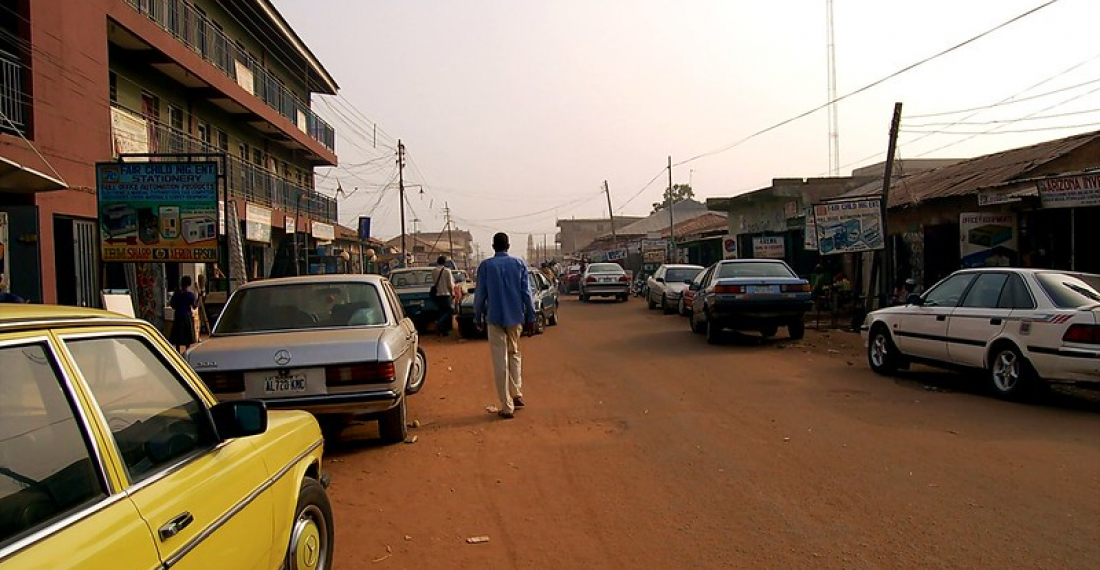The Nigerian House of Representatives today (6 July) condemned ‘senseless incessant killings and abductions’ up and down the country following multiple attacks in the country’s northern Kaduna state, urging all security agencies to “take necessary measures to ensure the early and safe return of the abductees”. The House also urged the Federal Government to "increase its recruitment and training capacity for military men and police to close the gap between available and required manpower”.
This morning the Kuduna state government ordered the closure of 13 'vulnerable' high schools after hundreds of students were kidnapped by gunmen in the earlier hours of Monday morning (5 July). At least 140 students were taken from Bethel Baptist High School, a boarding school in Kaduna’s Chikun district, with two members of the security services killed engaging the perpetrators.
A statement by the Kuduna police says that gunman entered the school, overpowering its security at 01:43 on 5 July, going on to abduct “an uncertain” number of students. It claims that a combined operation of the Police, the Army and the Navy was able to rescue 26 of them, including one female teacher, after a pursuit and that officers will continue their mission until all of those taken have been returned. Two personnel from the Nigerian Army and Navy, Salisu Rabiu and Bilal Mohammed, were reported killed in the process.
According to local media, those connected to the school say that as many as 152 are unaccounted for and dispute the police’s claim of having rescued the students, claiming they escaped themselves. Yakubu Barde, a member of the House of Representatives, has since cited 140 abducted with 28 escaping, and two members of the security services having been killed.
This constitutes just one of several attacks in recent days in Kaduna state. On Sunday (4 July) afternoon, Samuel Aruwan, Commissioner for Internal Security and Home Affairs in Kaduna, reports that seven others were also killed during sporadic attacks in neighbouring towns. Speaking to the House today, Barde stated that 10 people, including children, a nursing mother, nurses and a security guard were also kidnapped on Sunday in an attack on the National Tuberculosis and Leprosy Centre in Zaria, Kaduna State. The day before (3 July), Barde reported that bandits had attacked Iri Station and abducted 26 residents, killing two and kidnapping the rest. He detailed three similar attacks in recent months, decrying multiple more that had gone unreported, pushing forward a motion of urgent importance titled, ‘Incessant Abduction and Killings in Chikun/Kajuru Federal Constituency, Kaduna State’. Barde stated that the federal government and the military were overwhelmed, arguing that "even the greatest of nations seek assistance".
Recently, educational institutions have been greatly targeted in Nigeria by criminal groups, commonly called "bandits" by the authorities, who terrorise the populations in the country's northwest and central regions. Known for their mass kidnappings of students for ransom, they have abducted over 1,000 youths since December, with some still in the hands of their captors.






